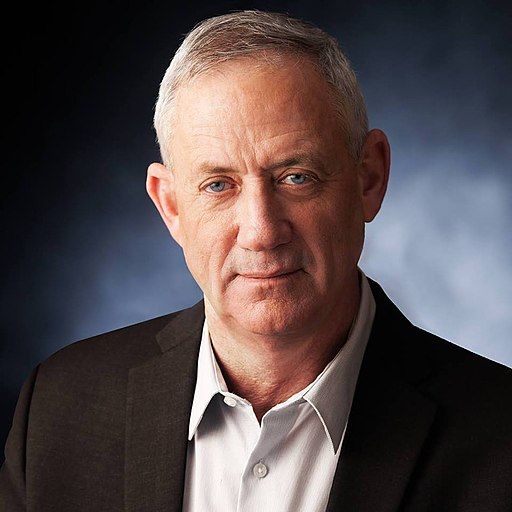Gantz’s call for early elections aims to restore trust and prevent division but faces criticism from within
National Unity chairman MK Benny Gantz has proposed that Israel hold national elections in September, marking nearly a year since the outbreak of war with Hamas. During a press conference, Gantz highlighted his discussions with political leaders and Prime Minister Benjamin Netanyahu on this matter, advocating for an election as a means to bolster war efforts while renewing public trust in governance.
Gantz’s push for an early election is part of a broader strategy to unify the nation and invite other “Zionist and responsible” leaders to join the government temporarily. This move, according to Gantz, is crucial for maintaining both internal cohesion and international support during these challenging times.
The backdrop to Gantz’s proposal includes a recent surge of protests in Jerusalem, illustrating the country’s heightened political and social tensions. Gantz emphasized the importance of democratic processes, suggesting that an election would offer a peaceful outlet for public expression, contrary to the unrest witnessed on the streets.
Embed from Getty ImagesHowever, Gantz’s call for September elections has not gone unchallenged. United Right chairman MK Gideon Sa’ar has advocated for a consensus election in January, aligning with the position of several opposition parties. Gantz, who has seen his party’s strength wane in the Knesset, is betting on the political gains from an early election, as polls suggest a significant increase in support for his National Unity party.
The Likud party, led by Netanyahu, has criticized Gantz’s motives, arguing that an election amid the ongoing war would only serve to further divide the nation and hinder military efforts in Gaza. They underscore the importance of government continuity to achieve the war’s objectives and secure a favourable outcome in hostage negotiations.
Gantz’s announcement also included remarks on the current security situation, advocating for strategies to ensure the safe return of hostages and address the northern front’s stability. He also touched upon the potential for a normalization agreement with Saudi Arabia, which he believes could significantly alter the regional dynamics against Iran and impact the situation in Gaza.
Critics, including Sa’ar and opposition leader MK Yair Lapid, have voiced concerns over Gantz’s leadership and the government’s overall handling of the war, calling for immediate action rather than waiting for a future election. The response from the US, with Senate Majority Leader Chuck Schumer acknowledging the Israeli public’s support for early elections, reflects the international interest in Israel’s political stability and its implications for regional security.
